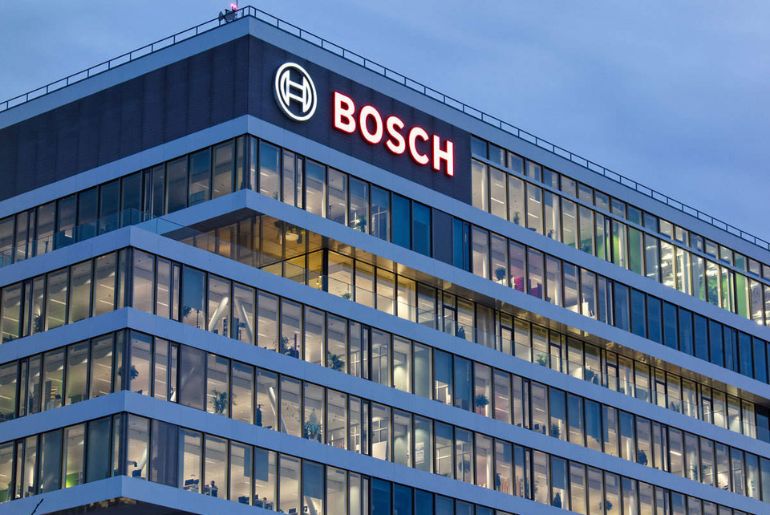Due to lower-than-expected demand, Bosch CEO Stefan Hartung has forecast modest growth in the global markets for cars and commercial vehicles for both this year and the following. At the IAA Transportation trade show in Hanover, Germany, Hartung told Reuters that the demand for cars worldwide had fallen short of the industry’s projections from five years ago.
Car output in Europe is expected to be far lower than previously predicted, though Hartung did not provide specific numbers, according to Reteurs. As the region’s automakers deal with high labor and energy costs and growing competition from lower-cost Asian manufacturers who are shipping more vehicles to Europe, he told the news wire that it might take many years for demand to revive.
Volkswagen, the biggest carmaker in Europe based on sales, revealed earlier this month that it was thinking about closing some of its German plants for the first time ever as part of a cost-cutting drive to stay competitive against rivals in Asia, according to Reuters.
According to Reuters, Hartung also emphasized a slowdown in the growth of the electric vehicle (EV) market. Sales of batteryCost of Ownership: Electric Vehicles vs. Gasoline Vehicles electric vehicles are up from the previous year, but at a slower rate as more people choose plug-in hybrids, especially in China and other emerging countries. According to Reuters.
He told the news wire that Bosch intends to keep its focus on electrification in spite of these market obstacles. Hartung would not, however, completely rule out the prospect of additional layoffs at Bosch locations as a result of customers delaying their orders for EV parts. After announcing earlier this year that it will eliminate about 3,500 positions in its home appliance segment by 2027, Bosch has subsequently issued a warning about additional cost cuts and employee layoffs, according to Reuters.
According to Reuters, global automakers are modifying their electrification targets in response to a number of issues, including the delayed installation of charging infrastructure, a dearth of reasonably priced EV models, heightened competition from Chinese producers, and escalating trade disputes.


